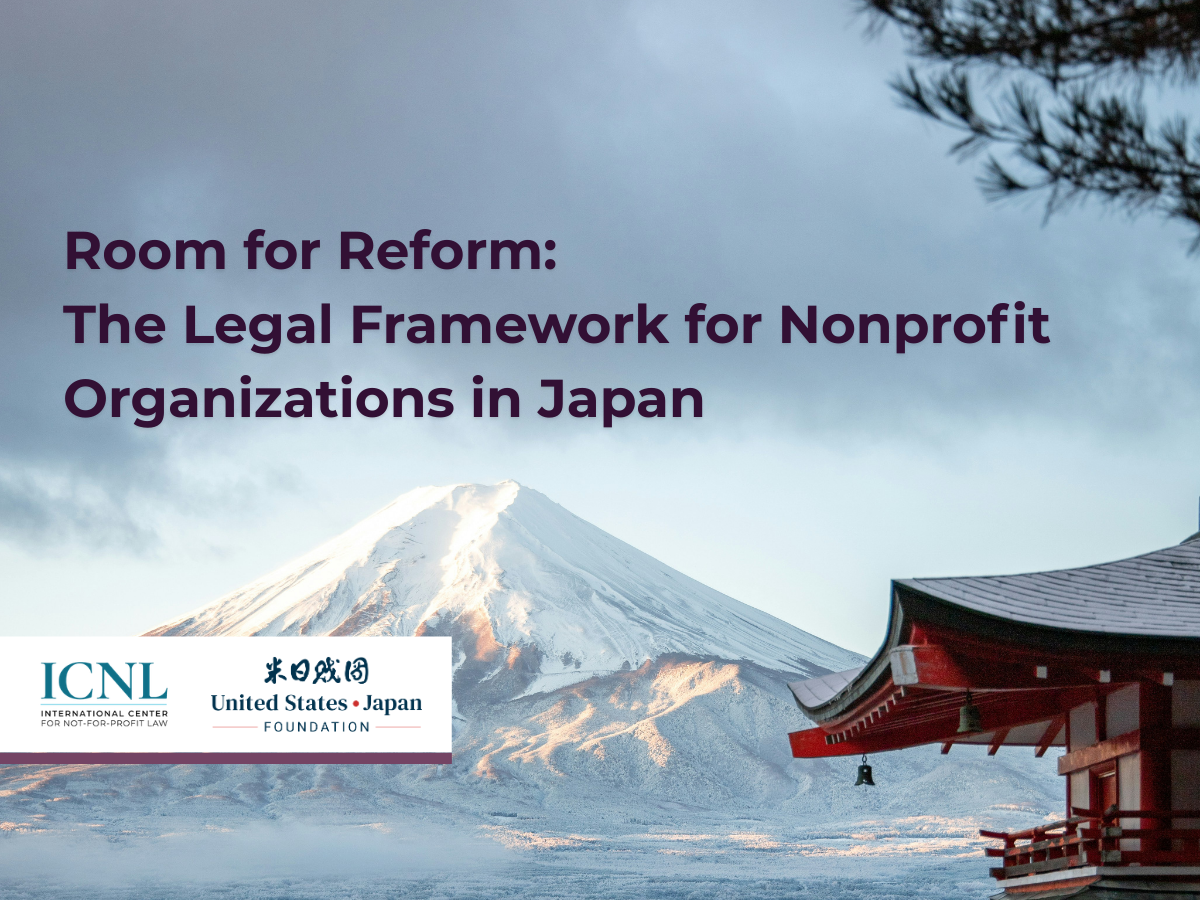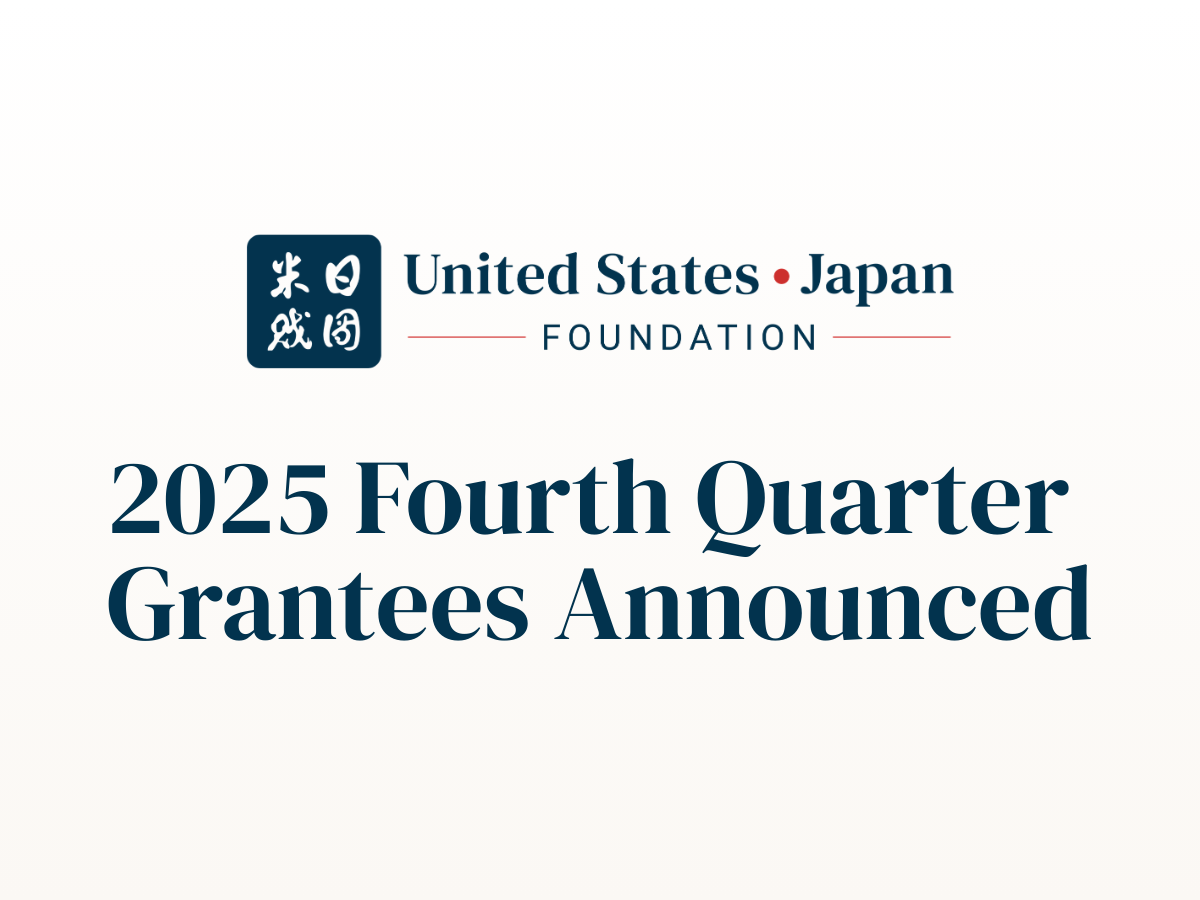David H. Slater, a leading scholar in cultural anthropology and Japanese Studies, has joined the United States-Japan Foundation as its new Communications Manager. He brings a wealth of academic expertise and practical experience to his new role, where he will oversee communication strategies as the Foundation works to foster closer ties between social impact leaders in the two countries.
 "We are thrilled to bring into the Foundation a leading American expert and practitioner in Japan's social impact ecosystem as we boost our activities in that space," said USJF President Jacob M. Schlesinger. “David’s academic background and deep involvement in civil society in Japan make him the ideal person to help us raise our visibility in, and connections to, leaders in that field. His experience with marginalized communities and his linking scholarly and activist approaches will bring a fresh perspective to our public engagement efforts."
"We are thrilled to bring into the Foundation a leading American expert and practitioner in Japan's social impact ecosystem as we boost our activities in that space," said USJF President Jacob M. Schlesinger. “David’s academic background and deep involvement in civil society in Japan make him the ideal person to help us raise our visibility in, and connections to, leaders in that field. His experience with marginalized communities and his linking scholarly and activist approaches will bring a fresh perspective to our public engagement efforts."
Widely recognized for his research and publications on Japanese society and politics, Slater holds a PhD from the University of Chicago and is a professor emeritus at Sophia University in Tokyo. He has also taught at the University of Tokyo, Waseda University, and Hosei University, and was a Visiting Professor at Columbia University. Among his notable works are Social Class in Contemporary Japan: Structures, Sorting, and Strategies (Routledge, 2009) and Japan Copes with Calamity: Ethnographies of the Earthquake, Tsunami, and Nuclear Disaster of March 2011 (Peter Lang, 2013), as well as his latest book, Alternative Politics in Contemporary Japan: New Directions in Social Movements (University of Hawaii, 2024).
Slater’s career has spanned a broad range of social, cultural, and political topics, with an emphasis on civil society, NPOs, and social engagement. His research began with a focus on youth culture and labor in Japan during the economic downturn of the 1990s. Since the 2011 Great East Japan Earthquake, Slater has been deeply involved in supporting the affected communities of Tohoku, establishing the largest oral narrative archive documenting the disaster's survivors. His work also extends to Japan’s migrant and refugee populations. While directing the research project Refugee Voices Japan, he provides legal support and advocacy as the country faces labor shortages and struggles with immigration policy reform.
“I am honored to take on the role of Communications Manager at the United States-Japan Foundation,” said Slater. “Japanese society and politics are changing quickly, pushed by economic downturn and demographic crisis. The civil society sector is leading the way. The opportunity to explore, document, and support these changes through USJF as we strengthen our bilateral relationship is truly exciting. The Foundation’s work is critical at a time when our two nations face shared challenges related to migration, labor markets, and youth leadership. I look forward to amplifying the voices and stories that shape this dynamic partnership.”
Slater joins the Foundation at a critical time, as it updates its mission and focus. Established in 1980 to foster closer ties between the U.S. and Japan, the organization is now shifting its emphasis. Rather than treating the bilateral relationship as an end in itself, the USJF seeks to help deploy that friendship to address shared challenges in each country, in the region, and around the world.
Over the past four decades, the United States-Japan Foundation has awarded over $100 million in grants in both countries and oversees the U.S.-Japan Leadership Program, which has built a network of more than 500 fellows across both nations.
For more information on the Foundation’s work and initiatives, please visit https://us-jf.org/en/.




